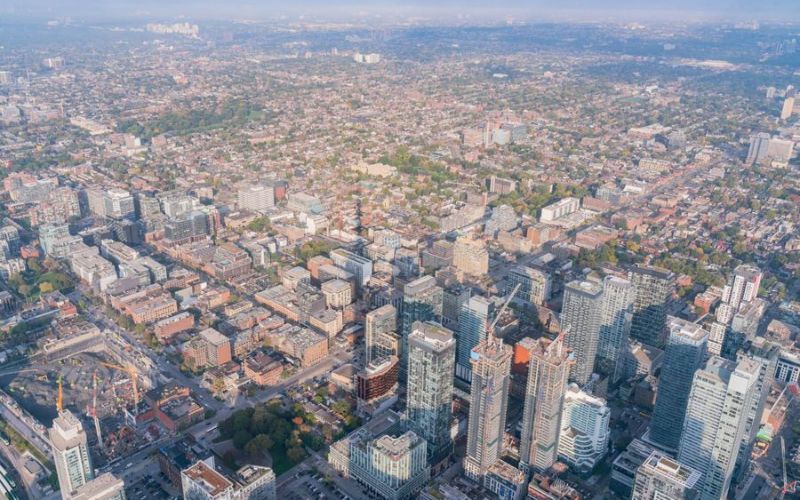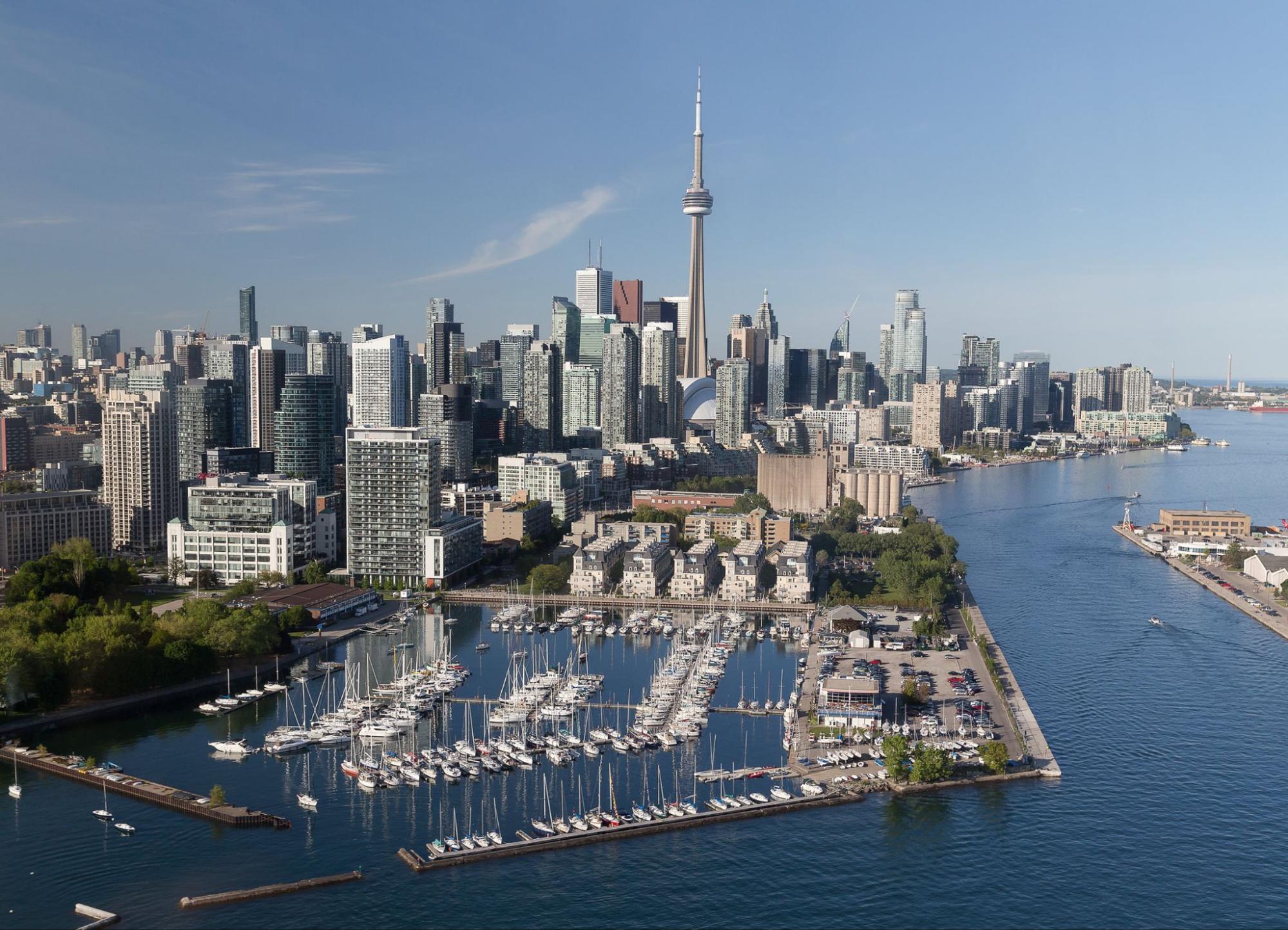The Greater Toronto Area’s is expected to have a strong showing in 2021 replete with emergent trends, including live-work functionality and larger outdoor space.
That doesn’t necessarily mean luxury homebuyers will purchase bigger properties. According to Jordan Morassutti, partner at North Drive, an upscale property developer, demand for high-end condos in neighbourhoods like Forest Hill, Rosedale and the Kingsway was driven by desire for recalibrated interior and exterior space.
“Those purchasers are looking to ‘right-size,’ as opposed to downsize, into suites that occupy roughly the same area as their single-family homes, but it’s more about reallocation of space and single-family living,” Morassutti said. “Rather than live in a five-bedroom house on three levels, they’re looking at larger suites where they can live, work, and entertain.”
Morassutti added that a paucity of “neighbourhood-focused boutique buildings” has resulted in pent up demand from people who would like to age in place and stay in the same neighbourhoods where they raised their families. North drive is developing 10 Prince Arthur, and with a penthouse unit going for $15 million, it isn’t surprising that the development will have hotel-like service—just the kind of lock-and-go convenience buyers in this market segment look for.
The way people conflated this year, spurring demand for larger terraces and balconies. The vast majority of 10 Prince Arthur’s balconies are at least 10 feet deep, which Morassutti noted has been a popular feature in North Drive’s buildings because they mimic single-family home programming. And while open concept design has been de rigueur for some time now, there’s a nascent shift towards separating living, family and dining rooms, as well as libraries.
Aoyuan International is developing M2M Spaces in North York, and Fan Yang, the company’s general manager for Canada, says that units with modular features have been popular among the project’s buyers.
“We launched townhome and lodge units, which have dens that can become home offices or home gyms, and demand for those units was strong,” said Yang.
Although Toronto isn’t turning the page on high-rise condominium towers anytime soon, , a broker with Engel & Völkers Toronto Central, says the COVID-19 pandemic has made developers and buyers alike rethink the merits of hyper density.
“We’re going to see a shift within the luxury condo market. I expect we will see some movement from tall condo towers towards more mid-to-low-rise boutique buildings with lower suite counts,” he said. “Elevator wait times have been a big deterrent throughout the pandemic. People are even searching for suites on lower floors so they can avoid the elevator altogether.”
Once again demonstrating the pandemic’s influence on how people choose to live, Smith says that families have begun consolidating their homes into one or two larger properties that can accommodate all family members.
“Children are moving back home, families are taking care of their elderly parents—we have really seen a pullback to multigenerational living, which has been a driving force into the need for larger space,” said Smith.
Like most other segments of the real estate market that have been buoyed by historically low interest rates, luxury properties, of which there’s low inventory, have sold at a frenetic pace this year, and Smith anticipates much of the same in 2021. “We expect some return to normal in 2021, and to that degree buyers are going to look for easy access to the city,” he said. “Neighbourhoods like Bridle Path, Hoggs Hollow, Lytton Park will be in popular demand as they check a lot of boxes for luxury buyers. Whether we have the supply to fill the demand is yet to be seen.”
Neil Sharma is the Editor-In-Chief of Canadian Real Estate Wealth and Real Estate Professional. As a journalist, he has covered Canada’s housing market for the Toronto Star, Toronto Sun, National Post, and other publications, specializing in everything from market trends to mortgage and investment advice. He can be reached at neil@crewmedia.ca.









